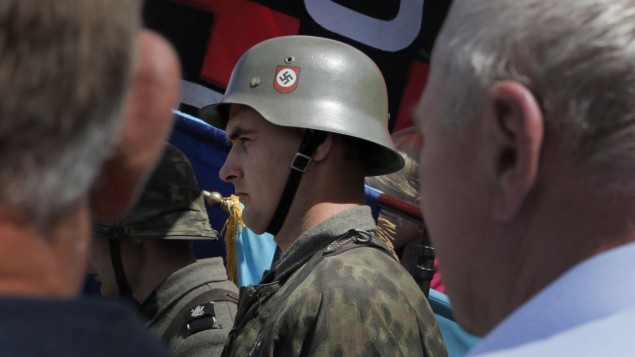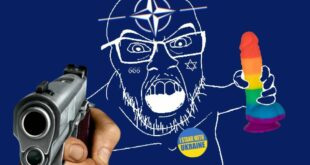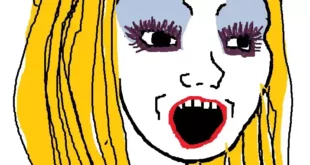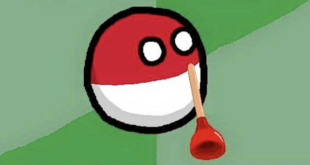Maria Danilova
AP
August 2, 2013
One of Yamulyk’s fellow SS Galician veterans is Michael Karkoc, a Minnesota man shown in an Associated Press investigation to have commanded a Nazi-led unit accused of atrocities. The annual commemorations of the Galician give an insight into the complex reaction that the Karkoc revelations have produced in Ukraine, in contrast to the near universal outrage they have stirred up in Poland, Germany and the United States.
Each year, competing rallies commemorating World War II are held throughout Ukraine, sometimes resulting in brawls. Much of the Russian-speaking east of the country celebrates the Red Army’s victory over Nazi invaders, while in the Ukrainian-speaking west, where most of the anti-Soviet insurgents fought, monuments have been erected and streets have been named in their honor. Veterans receive government benefits, no matter which side they fought on during the war.
Politicians are also deeply divided on the subject. Former President Viktor Yushchenko, who steered Ukraine toward the West after leading the 2004 Orange Revolution, campaigned to have the nationalist insurgents honored as heroes, even though leading Western historians say many of their units had a hand in massacring civilians, including Jews and Poles. And the radical nationalist party Svoboda — a vocal force in parliament whose leaders have been accused of anti-Semitic and racist remarks — extolls those fighters.
The Party of Regions led by President Viktor Yanukovych, who is seen as more Russia-friendly, has campaigned against treating the men as heroes. But the party has exploited the anti-fascist cause to its advantage. In May, it organized a large rally in Kiev to protest fascism and call for tolerance — but after the event ended, pro-government activists clashed with opposition protesters and beat up two journalists trying to film the brawl.
 Daily Stormer The Most Censored Publication in History
Daily Stormer The Most Censored Publication in History



